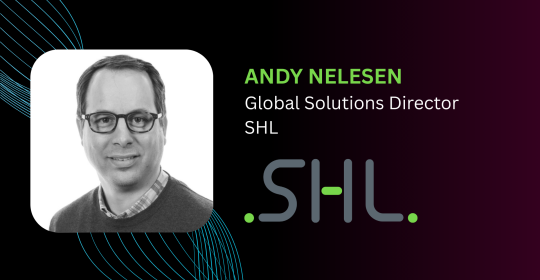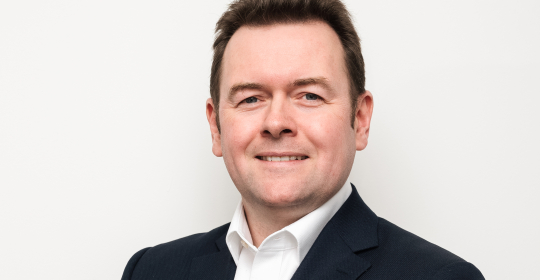With the EU AI Act now in force, this marks a transformative moment for HR and talent acquisition leaders. The new regulations reinforce the need for transparency, fairness, and human oversight in AI-driven hiring - ensuring technology enhances, rather than replaces, the recruiter’s role.
The EU AI Act due to come into force this February is a defining moment for the future of AI in talent acquisition. As one of the most comprehensive regulatory frameworks for artificial intelligence, it will set new standards for transparency, accountability, and fairness in how AI is used in the hiring process. AI can help businesses identify talent faster, reduce unconscious bias, and create more inclusive opportunities for candidates. But it must be implemented responsibly. Human oversight will remain essential to ensure transparency, accuracy, and compliance with evolving regulations. Organizations will be required to assess the risk levels of their AI systems and demonstrate compliance with key principles like fairness, explainability, and accountability. As AI reshapes recruitment, businesses have a responsibility to ensure these technologies are built and deployed in ways that are ethical, fair, and enhance the human experience—not replace it. Finding the right balance between automation and human connection will create a more inclusive and efficient job market for both employers and job seekers.







